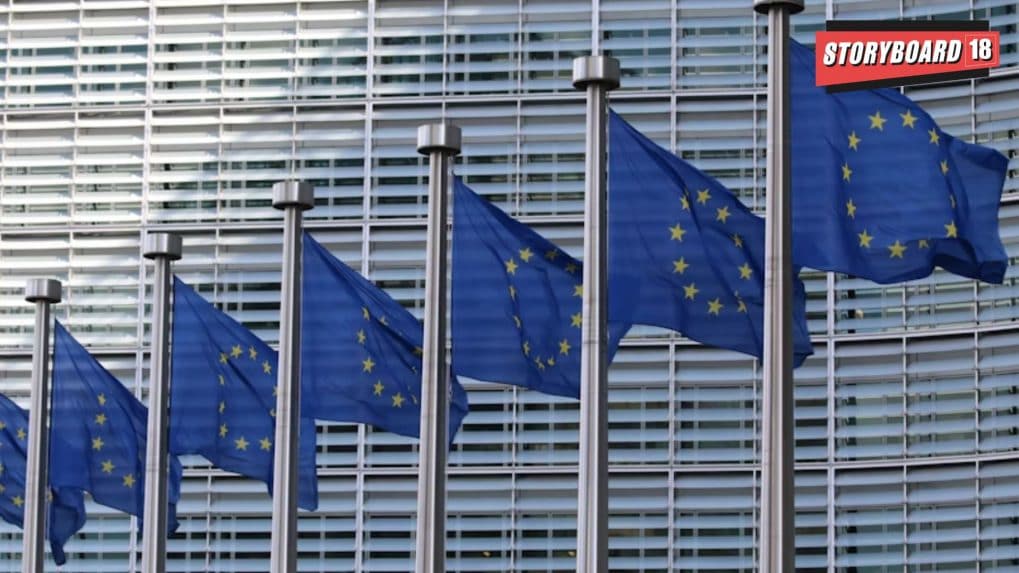Advertising
From Pink Slips to Silent Sidelining: Inside adland’s layoff and anxiety crisis

The European Union on September 23 formally asked major tech platforms—including Apple, Google, Microsoft, and Booking.com—to explain what steps they are taking to combat online financial scams, according to media reports. The move underscores Brussels' intent to actively enforce its new digital regulations.
The EU’s request for information, issued under the Digital Services Act (DSA), focuses on how these companies prevent their platforms from being misused by fraudsters. The scrutiny specifically targets Apple’s App Store, Google Play, Microsoft’s Bing search engine, and Booking.com.
Regulators fear that app stores are being exploited to distribute fake apps posing as legitimate financial services, while search engines may be surfacing fraudulent websites.
The DSA, along with the EU’s companion legislation—the Digital Markets Act (DMA)—aims to increase accountability and ensure fair competition across digital platforms.
Brussels has already launched multiple investigations under the DSA, targeting Meta (Facebook and Instagram), TikTok, and X. However, U.S. political figures—including critics and allies of Donald Trump, as well as platform heads like Mark Zuckerberg and Elon Musk—have accused the EU of censorship.
The EU has rejected such claims, emphasizing that illegal behavior offline should also be prohibited online. Officials have also denied bias against U.S. firms, citing DSA-related scrutiny of Chinese platforms like AliExpress, added the reports.
From purpose-driven work and narrative-rich brand films to AI-enabled ideas and creator-led collaborations, the awards reflect the full spectrum of modern creativity.
Read MoreLooking ahead to the close of 2025 and into 2026, Sorrell sees technology platforms as the clear winners. He described them as “nation states in their own right”, with market capitalisations that exceed the GDPs of many countries.